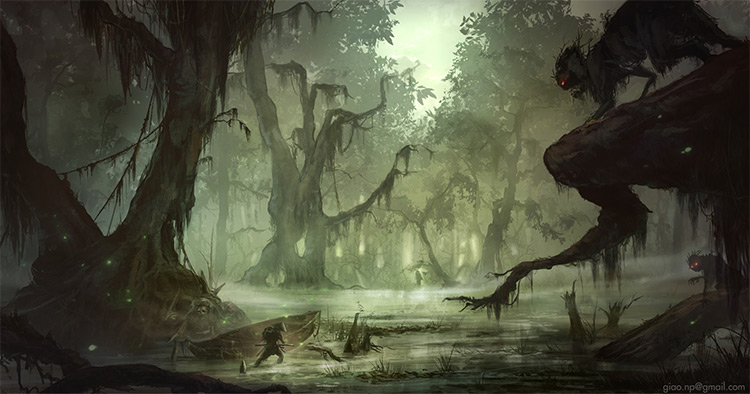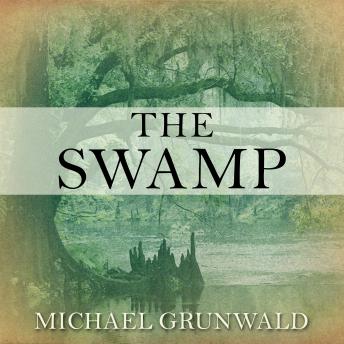

“I have never bought land by the gallon,” one buyer remarked. This was an era that spawned neighborhoods and towns such as Progresso and Utopia, when Miami was marketed as a tropical wonderland to northerners who quickly purchased swampland real estate, sight unseen. Visionaries of the late 19th and early 20th centuries-such as Hamilton Disston, who bought four million acres with plans to drain, dredge, and redevelop, Governor Napoleon Broward, who proclaimed “water is the common enemy” as he pushed forward policies to transform South Florida, and Henry Flagler, who ran a rail line south to the Florida Keys-reshaped the landscape. Charles Ponzi, the swindler whose name became synonymous with unsustainable business ventures, had a sideline in the ’20s selling lots “near Jacksonville” that turned out to be 65 miles away.

In the early decades of the 20th century, a Floridian version of manifest destiny took hold, combining belief in man’s ability to improve dangerous and diseased swampland-ignorant of the ecological and environmental benefits of the Everglades-and a desire to make money. The Swamp begins at a time when South Florida, due to the impenetrable nature of the Everglades, was a true wilderness. Will Museum of the Glades / Glades Historical Society Turning a backwater into a boomtown


One buyer, caught in the rush, said, “I have never bought land by the gallon.” Courtesy of the Lawrence E. A 1911 boat trip to show off potential Florida land. “The story of the repeated efforts to tame the Everglades-and the often deadly results of those attempts is a particularly cautionary tale in these days of increasingly violent natural disasters,” says American Experience executive producer Mark Samels. In what he calls “a bewildering dreamscape forged by greed, flimflam, and absurdly grandiose visions that somehow stumbled into heavily populated realities,” the attempted transformation of swampland into promised land is a potent metaphor. Journalist and author Michael Grunwald, whose book The Swamp: The Everglades, Florida, and the Politics of Paradise helped inform the show, told Curbed that in many ways, Florida has been built around the “people-importation industry.” While the engrossing episode of the American Experience series focuses its energy on one specific watery wilderness, it’s also a very American story that touches on themes of development and environmental destruction. A new PBS documentary, The Swamp, which premiered this week and is available online, explores the efforts to conquer, colonize, and eventually preserve, the Everglades. It was one of the nation’s last unpopulated frontier, a subtropical wilderness that seemed to many inhospitable, and certainly unbuildable.īut in the early decades of the 20th century, Southern Florida became the setting of one of the country’s most storied land rushes and development booms.


 0 kommentar(er)
0 kommentar(er)
